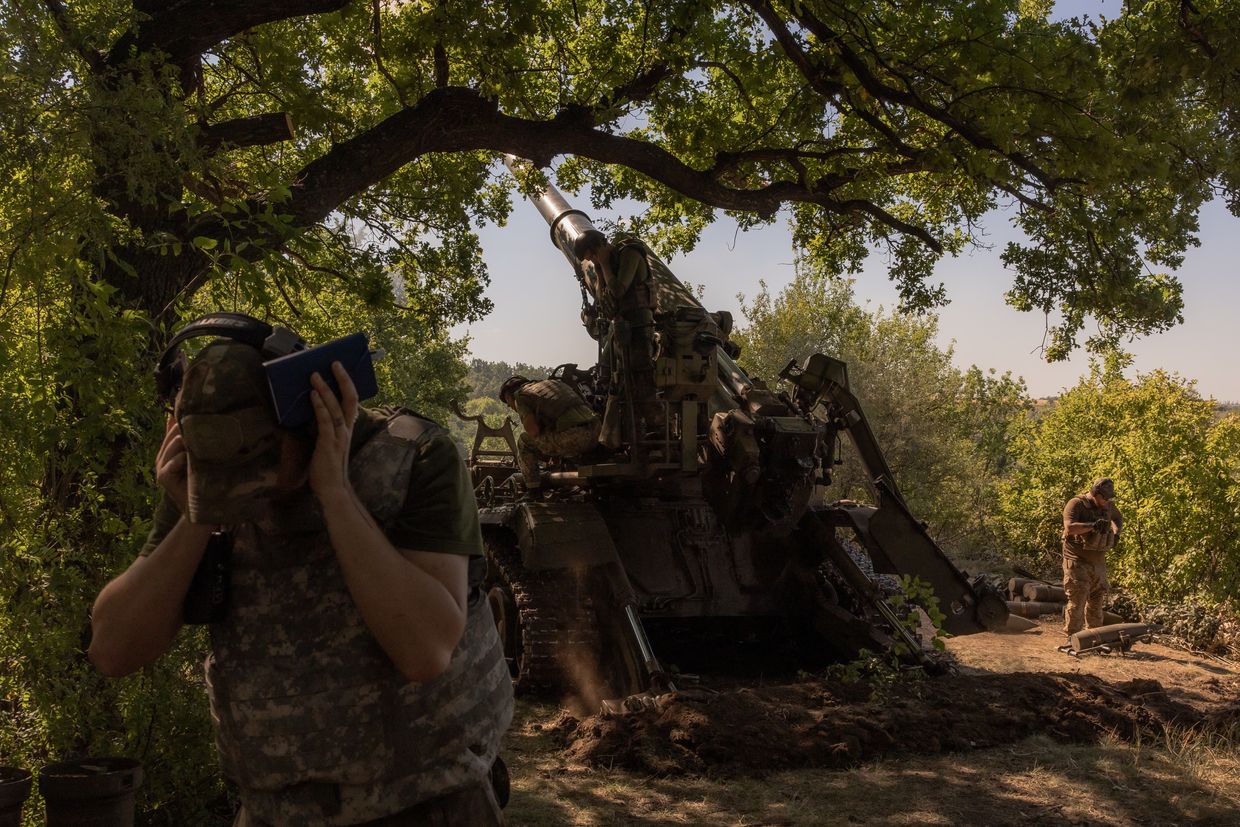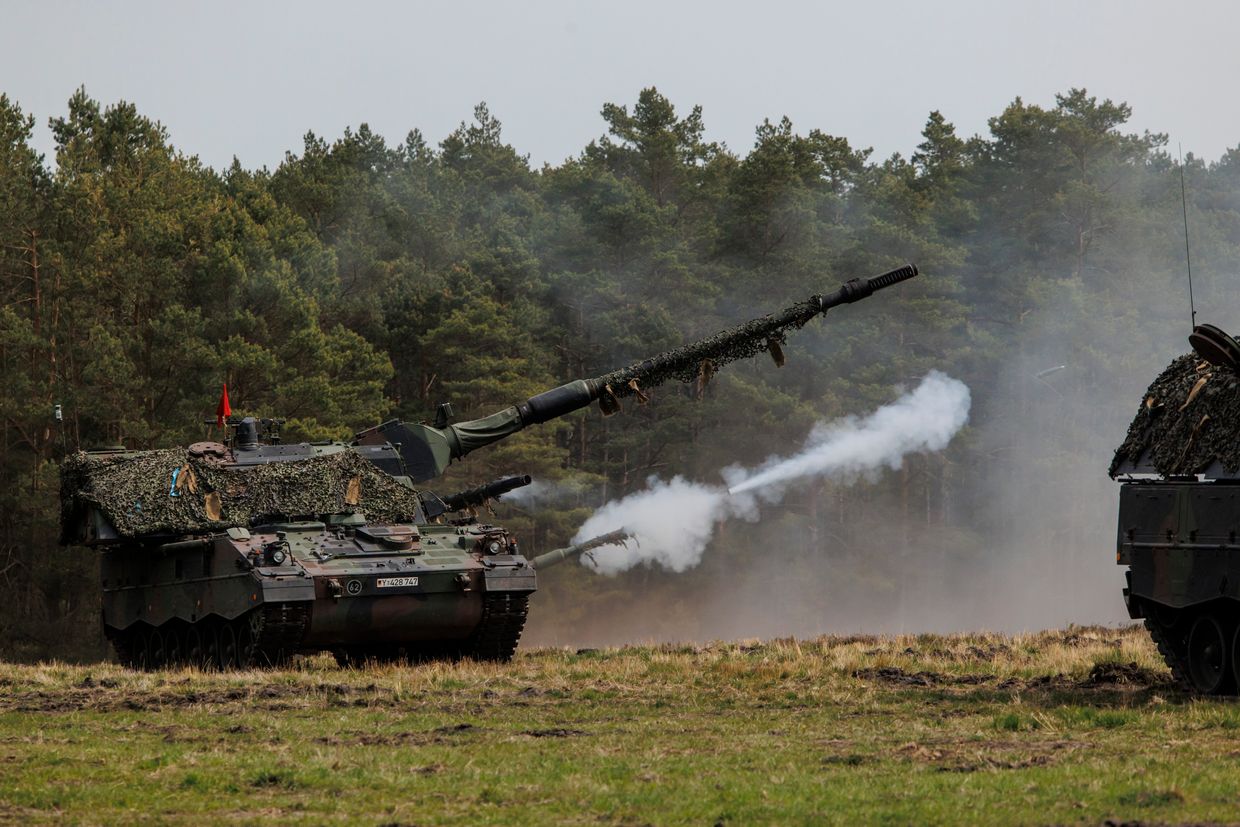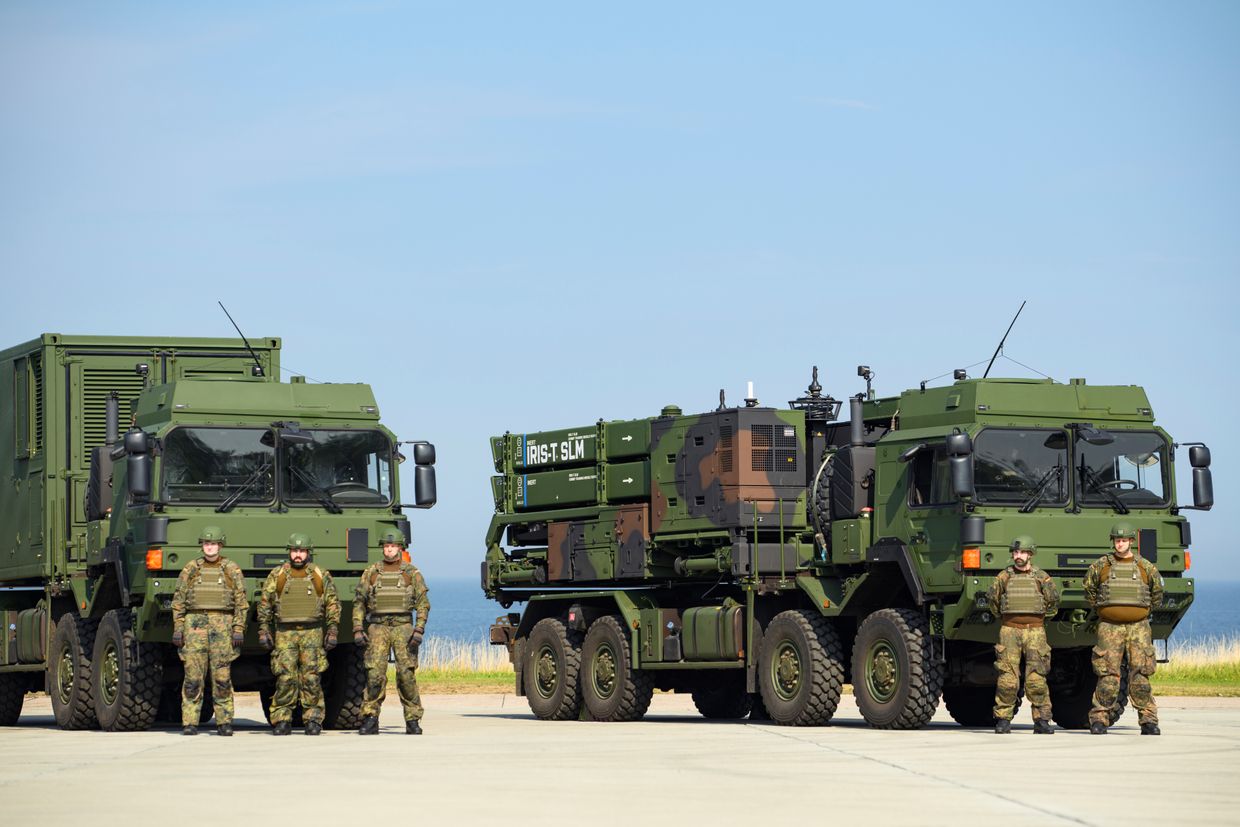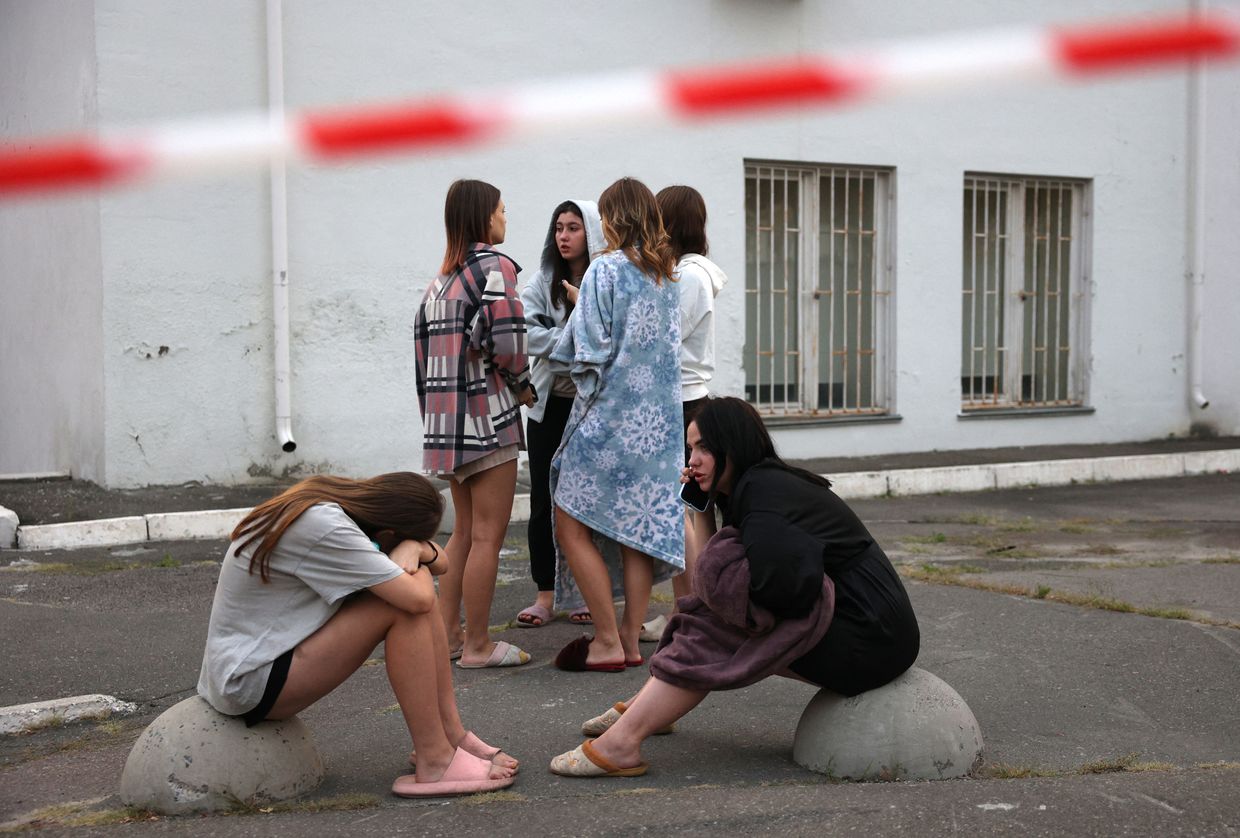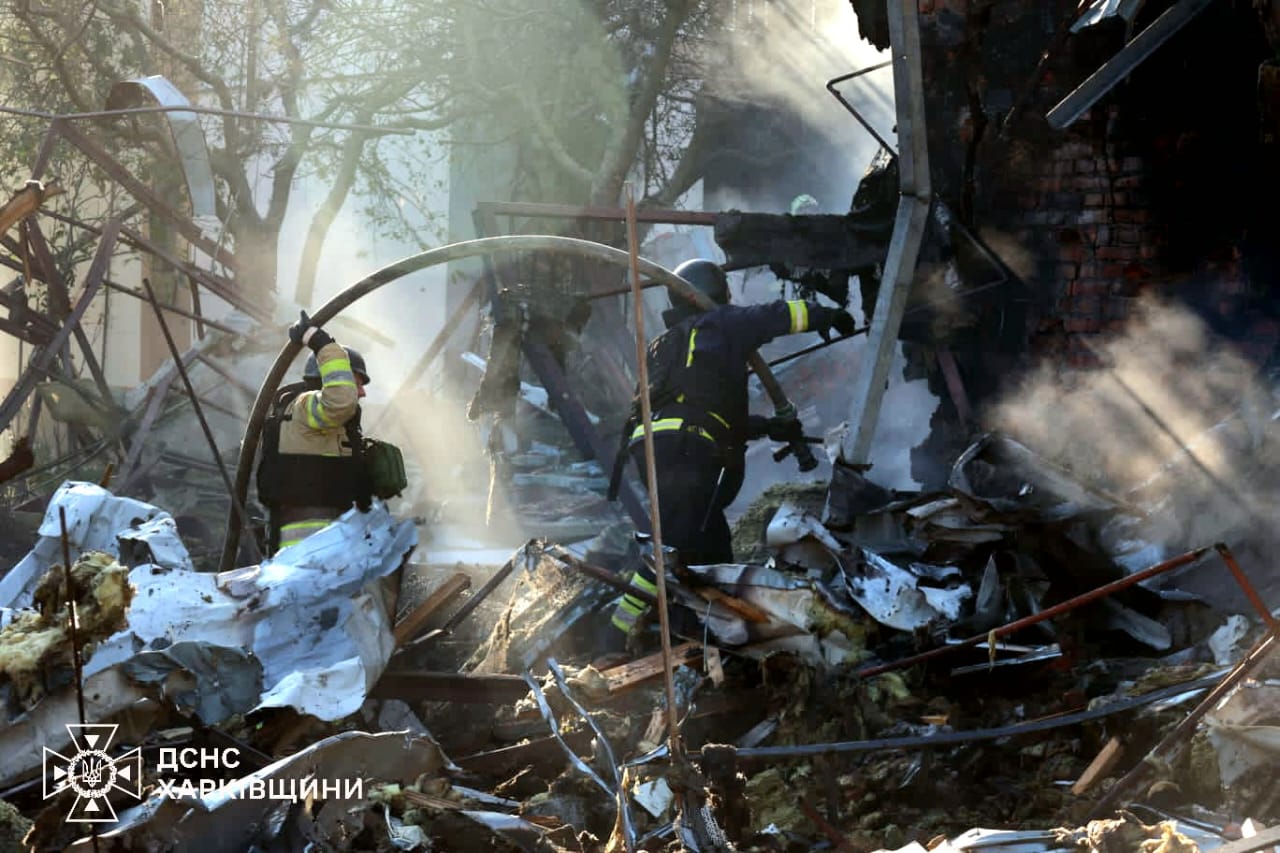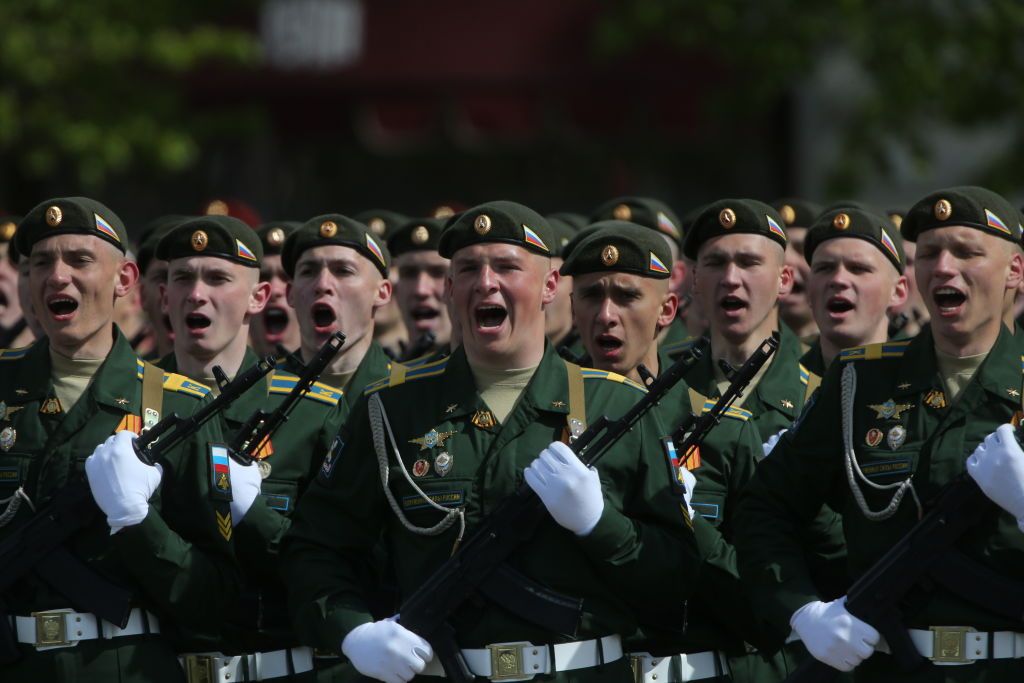Ukraine war latest: Ukraine building underground weapons factories; Ukrainian drones hit Russian ammunition warehouse

Key developments on Sept. 7-8:
- Russian offensive near Pokrovsk reportedly slowing down
- Zelensky: Ukraine building underground weapons factories
- Ukrainian drones hit ammunition warehouse in Russia's Voronezh Oblast
- Death toll of Russian Sept. 3 attack on Poltava rises to 58
- Russian drone violates Romanian airspace during Sept. 8 attack on Ukraine
- Russian POWs no longer allowed to call relatives, ombudsman says
Russian forces have captured considerably less territory in the Pokrovsk direction over the past week than during earlier periods, Russian independent outlet Agentstvo reported on Sept. 7.
Citing data from defense analysts, Agentstvo also backed Ukraine's Commander-in-Chief Oleksandr Syrskyi's recent claims that Moscow's push near the key town is losing steam.
Ukrainian officials have described Pokrovsk as the most difficult sector of the front. Russia has deployed experienced troops in an effort to capture this crucial logistics hub.
The crowd-sourced Ukrainian monitoring site DeepState reported that over the past week, Russian forces had captured only 10 square kilometers (4 square miles) near Pokrovsk.
This is a sharp drop compared to the 73 square kilometers (28 square miles) reportedly seized between Aug. 26 and Sept. 1 and 59 kilometers (23 square miles) in each of the two preceding weeks.
The Institute for the Study of War (ISW) also wrote that, according to geolocated footage, Ukraine was able to regain some ground near the villages of Mykhailivka and Halytsynivka, which lie roughly 20 and 30 kilometers southeast of Pokrovsk, respectively.
Syrskyi also said that Russia's advance in the Pokrovsk direction had been halted in the past six days.
The general linked this to Ukraine's incursion into Russia's Kursk Oblast, which was designed to divert Russian forces from Pokrovsk and other hot sectors in Donetsk Oblast.
"Over the last six days, the enemy hasn’t advanced a single meter in the Pokrovsk direction. In other words, our strategy is working," Syrskyi said.
Zelensky: Ukraine building underground weapons factories
Ukraine is building weapons underground to supply the military with arms in the event of delays in military aid from abroad, President Volodymyr Zelensky said at the Ambrosetti International Economic Forum in Italy on Sept. 7.
"We are building underground facilities for the production of weapons so that Ukrainian soldiers can defend themselves even when supplies from our partners are delayed," Zelensky said.
He arrived in Italy to meet with local business leaders and Italian Prime Minister Giorgia Meloni as Kyiv increasingly calls for additional air defenses and other aid to repel Russia's aggression.
Ukraine has developed new drones and missiles, particularly to "return the war to the Russian territory," the president said.
"Sooner or later, Putin will feel the pressure and will want only one thing — peace," Zelensky said.
Ukrainian drones hit ammunition warehouse in Russia's Voronezh Oblast
Drones operated by the Security Service of Ukraine (SBU) struck an ammunition and military equipment warehouse in Russia's Voronezh Oblast overnight on Sept. 7, a source in the SBU told the Kyiv Independent.
Authorities in the Russian region reported a drone attack and a fire at an unspecified facility earlier in the day. Local Telegram channels said that ammunition storage near the village of Soldatskoye caught fire, a claim corroborated by the SBU source.
Soldatskoye lies around 70 kilometers (over 40 miles) south of Voronezh and over 100 kilometers (60 miles) north of the Ukrainian border.
"This warehouse was actively used by Russia to supply materiel to (Russian forces) in Ukraine, which is why it was targeted by SBU drones," the source said.
The drone strike reportedly led to chain explosions of the stored ammunition and at least four powerful fires.
Death toll of Russian Sept. 3 attack on Poltava rises to 58
Three victims of Russia's Sept. 3 attack on Poltava died in the hospital, bringing the total death toll to 58, Governor Filip Pronin said on Sept. 8.
Russia launched two ballistic missiles against the city on Sept. 3, hitting the Military Communications Institute and a neighboring medical facility. The educational institution building was partially destroyed.
Search and rescue operations at the site of the Russian missile attack on the city concluded on Sept. 5. The number of people killed at that time was 55, while 328 were injured.
According to Zelensky, the missiles flew only three minutes before hitting the buildings, giving people little time to hide in the shelter.
Poltava is a city of around 300,000, located in Poltava Oblast in central Ukraine. It is situated around 120 kilometers (75 miles) from the border with Russia, and 230 kilometers (143 miles) from the eastern front.
The city and surrounding region are regular targets of Russian drone and missile attacks.
Russian drone violates Romanian airspace during Sept. 8 attack on Ukraine
A Russian drone violated Romanian airspace during an overnight attack on Ukraine on Sept. 8, the country's defense ministry confirmed in a statement.
Residents in the Romanian counties of Tulcea and Constanta received alerts around 2:30 a.m. local time, advising them to take shelter and warning of possible falling objects.
Two F-16 fighter jets took off from Romania's 86th Borca Air Base to monitor the airspace, the ministry said. The Russian drone entered Romanian airspace but later left, heading back toward Ukraine.
The ministry added that current data indicates that the drone may have struck a non-residential area in the village of Periprava in the county of Tulcea.
"The Defense Ministry strongly condemns these attacks by the Russian Federation against Ukrainian civilian facilities and infrastructure, which are unjustified and seriously violate international law," the statement said.
Russian POWs no longer allowed to call relatives
Russian prisoners of war (POWs) held in Ukrainian camps are no longer allowed to make phone calls to their relatives, Ukraine's Ombudsman Dmytro Lubinets announced on national television on Sept. 7.
Lubinets said that the ban does not violate the Geneva Conventions, as Russian POWs can still send written letters to their families.
Earlier in March, the petition calling to ban phone calls for Russian POWs received the needed 25,000 signatures. However, the Ukrainian parliament rejected the proposal back then, saying that phone calls "serve an important informative function, providing objective information to Russians that they should not be afraid to surrender."
"There were many discussions about the possibility for Russian POWs to call their relatives in the Russian Federation... As of now, we have been informed that Russians still have the ability to write letters, but they no longer have the right to make phone calls," Lubinets said.
Russian soldiers who have surrendered or have been captured in Ukraine are kept in four POW camps. Conditions there adhere to international laws, particularly the Geneva Conventions, according to Lubinets.
Multiple reports and witnesses show that Ukrainian POWs in Russia are most often kept in horrible conditions, subject to torture, beatings, and starvation.



